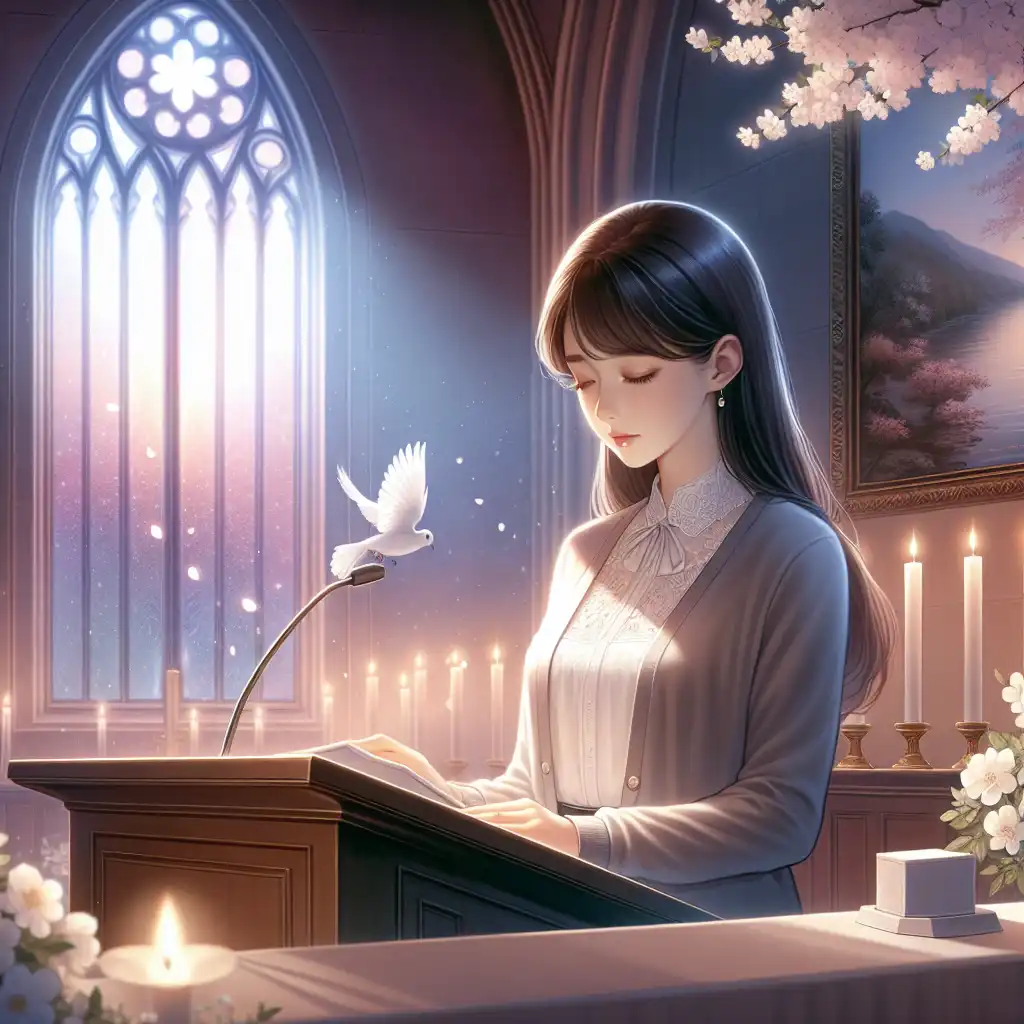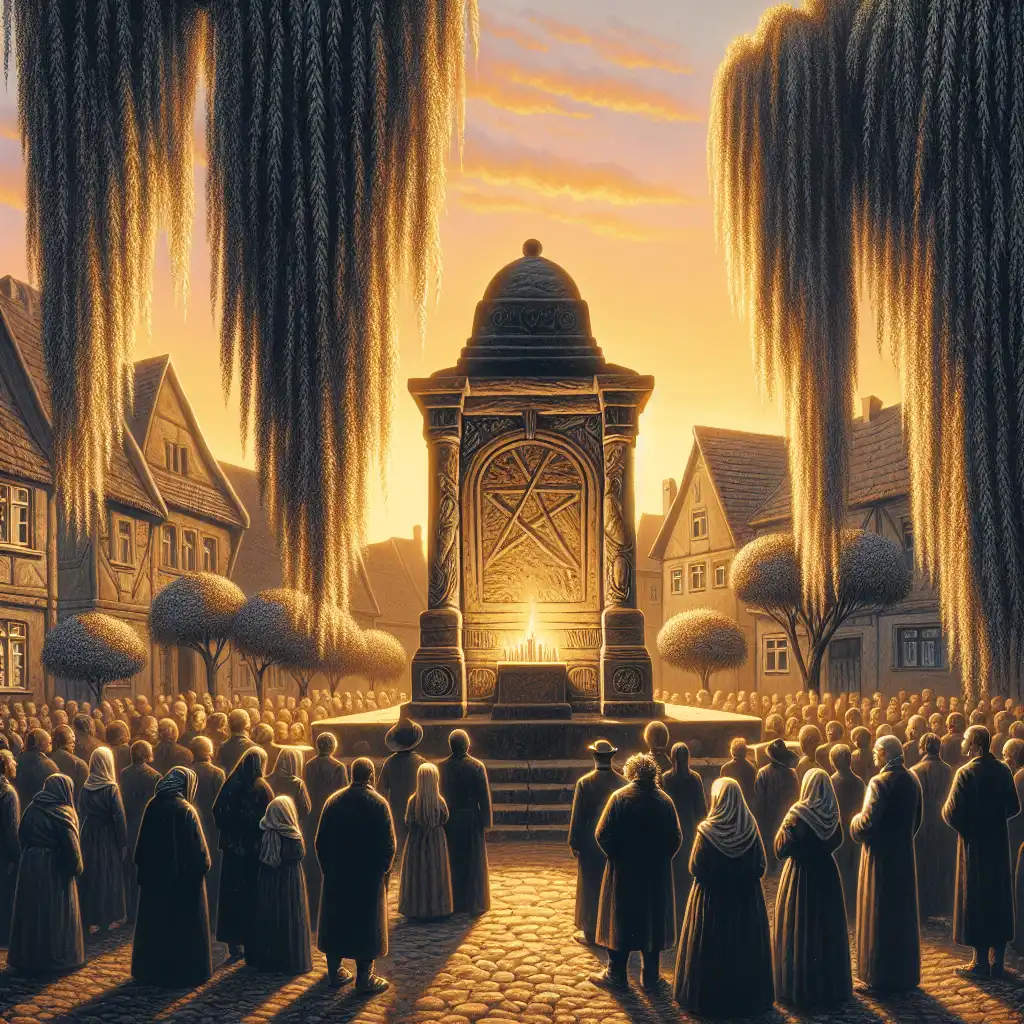
Elegiac
Lamenting Loss
Elegiac often describes work lamenting someone's death, capturing grief and respect.  Her elegiac eulogy honoured her grandmother's memory beautifully.
Her elegiac eulogy honoured her grandmother's memory beautifully.
Historical Roots
Originating from ancient Greek and Latin poetry, 'elegiac' carries a classic, timeless feel.  The elegiac poem drew on themes from Greek myths.
The elegiac poem drew on themes from Greek myths.
Reflecting Sorrow
Works labeled 'elegiac' often reflect on the sorrow of loss, not just the fact of it.  The monument inscriptions were elegiac, reflecting the town's collective sorrow.
The monument inscriptions were elegiac, reflecting the town's collective sorrow.